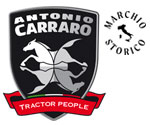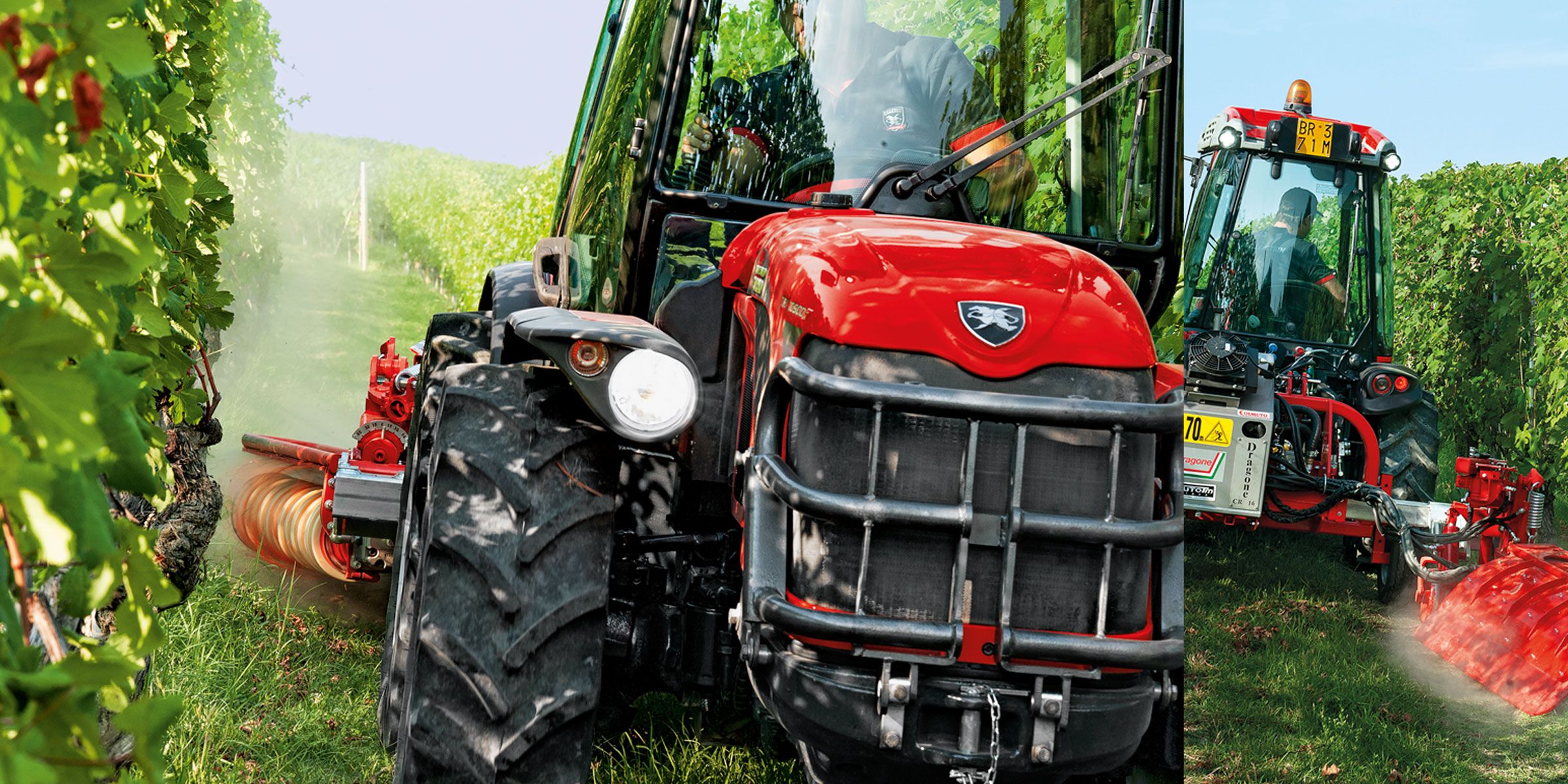
E-TEAM eteam@antoniocarraro.it
Antonio Carraro S.p.A. is directly committed to the continuous development and improvement of its website, with an in-house team in charge of graphics, content and coordination.
ANTONIO CARRARO SPA Via Caltana, 24 - 35011 CAMPODARSEGO PD - Italy
Iscritta nel registro delle Imprese di Padova in data 19.02.1996 REA 126503 del 26.02.1976
Capitale Sociale in EURO deliberato-sottoscritto-versato 2.157.265,55
Sistema di amministrazione e controllo - CONSIGLIO DI AMMINISTRAZIONE
Iscritta nel registro delle Imprese di Padova in data 19.02.1996 REA 126503 del 26.02.1976
Capitale Sociale in EURO deliberato-sottoscritto-versato 2.157.265,55
Sistema di amministrazione e controllo - CONSIGLIO DI AMMINISTRAZIONE

